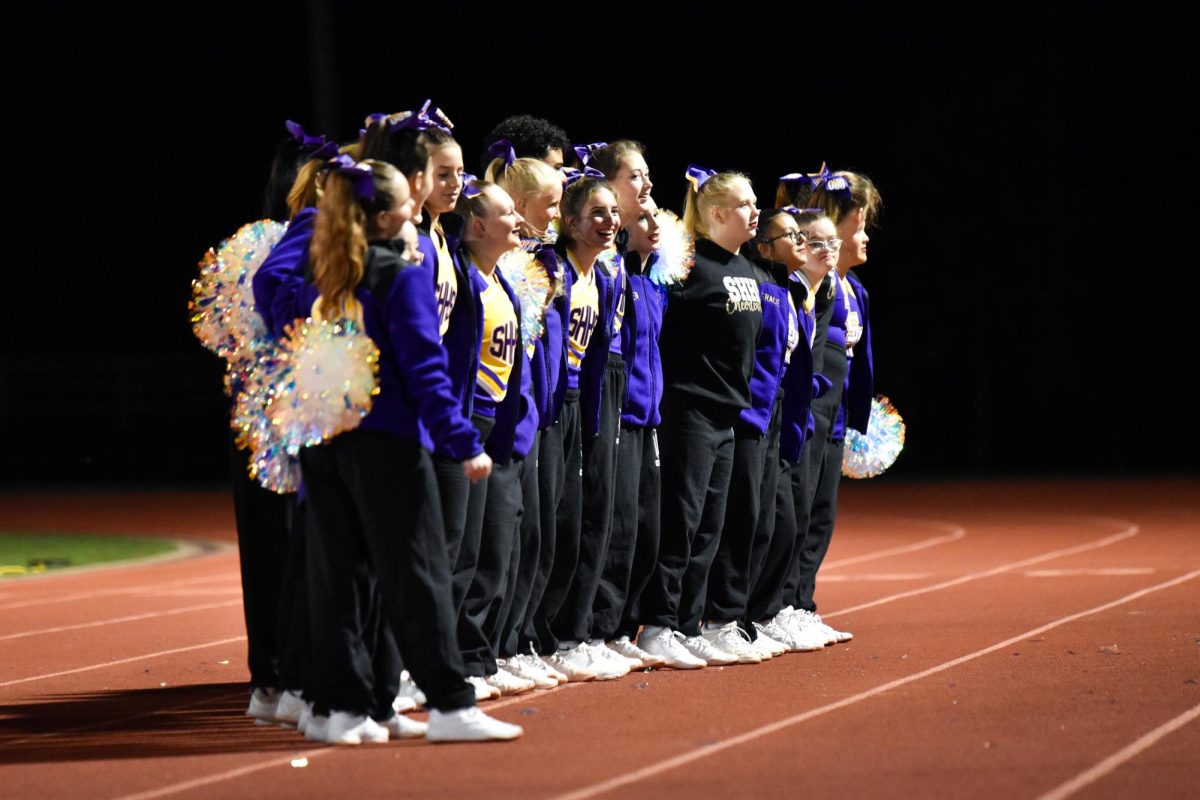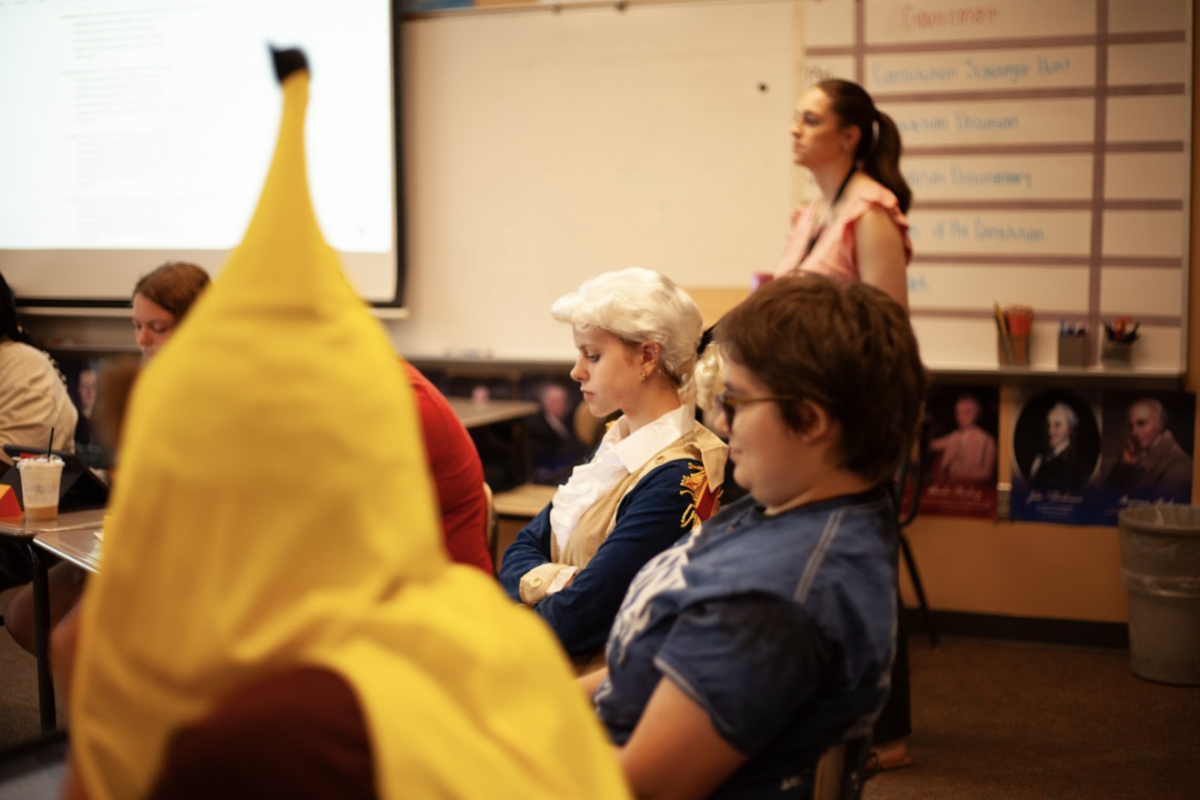At the high school, various core classes are offered, and all range in difficulties. From English I all the way to Composition II, there are many classes students can take.
Jori Williams, 10, is a student that takes various advanced classes for their grade.
“[I take] honor’s chemistry, honors English, and then AP Europe,” Williams said.
Williams’ honors English II teacher, Kerri Rodden considers the class to be a more difficult choice versus English II.
“It’s definitely harder, obviously, but it’s the amount of effort you put into it. It doesn’t mean you have more homework, but the homework is harder,” Rodden said.
In honors classes, specifically English in this case, the material certainly moves faster and students have less time to study the

materials or memorize the information.
“[I think it is more stressful], just because it’s more of a fast thing, and we don’t get as much review and help as you would in regular classes,” Williams said.
Stress can play an important role when students decide what classes they are going to take next school year. In honors English II, and other honors and advanced classes, the pacing and meanings of the lessons on the curriculum can also be stressful.
“I really like to analyze, and talk about the author’s purpose, so I mean, I kind of go back and forth,” Rodden said, “We go fast, and then we slow it down for when I really, really, really want you to know something, and it’s always a little more in depth than just the regular, you know, ‘This character does this because..!’ and we look more into the why.”
Although honors classes can be more challenging, and not everyone can handle it, the amount of ambition someone has plays a key factor into their success.
“I would like to say it would be great for everybody [to take honors classes], but I don’t think everybody can handle the pace and the rigor that is in an honors class…It just depends on what your goal is,” Rodden said.








![Peering through their microscopes, [Brock] Laplante’s freshman Biology class has a hard time pretending they’re not interested. From sharp angles to swirling cells, there’s no predicting what could be seen.](https://stampedenews.net/wp-content/uploads/2025/10/Screenshot-2025-10-03-at-10.56.07-AM.png)
